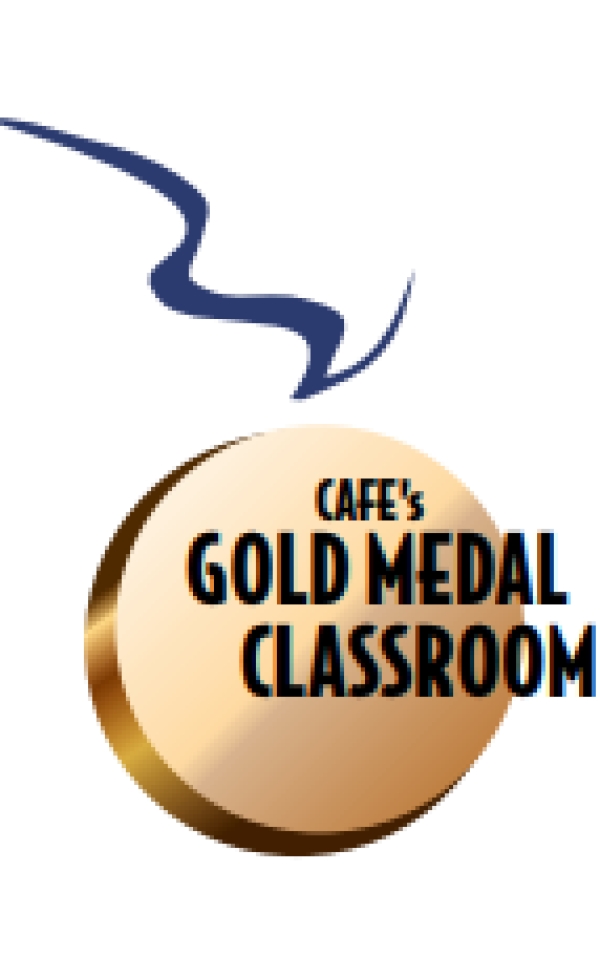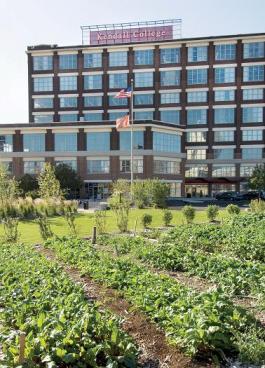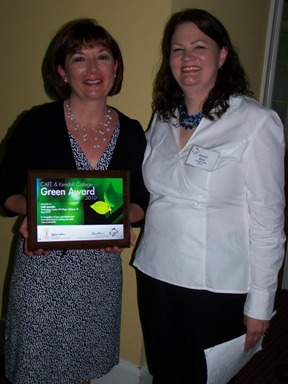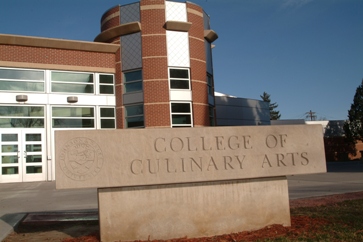Green Tomato: What Energy Waster Is Lurking in Your Kitchen?
Sunday, 31 October 2010 06:52By Christopher Koetke, CEC, CCE
 Turn-key teaching tools for sustainability.
Turn-key teaching tools for sustainability.
As chefs, when we talk about cost, the focus is usually food and labor. Sometimes we forget about energy and water because we figure it’s a cost of doing business that’s beyond our control. You’ve probably heard me talk about the topic before, but I wanted to share my recent conversation with Richard Young and Kong Sham from Food Service Technology Center (FSTC). An unbiased research laboratory, FSTC is based in California and funded by PG&E, a major utility. As part of their work for the utility, they go into the field and help operators by auditing their facilities and showing them how to decrease their energy and water use.




 Defining “sustainable food” is not a black-and-white issue like water and energy conservation or waste-stream reduction. The decisions are value judgments that are unique to each individual.
Defining “sustainable food” is not a black-and-white issue like water and energy conservation or waste-stream reduction. The decisions are value judgments that are unique to each individual. Technology Center of DuPage wins the second-annual CAFÉ/Kendall Green Award.
Technology Center of DuPage wins the second-annual CAFÉ/Kendall Green Award. 607 colleges and universities nationwide competed to reduce, reuse and recycle
607 colleges and universities nationwide competed to reduce, reuse and recycle